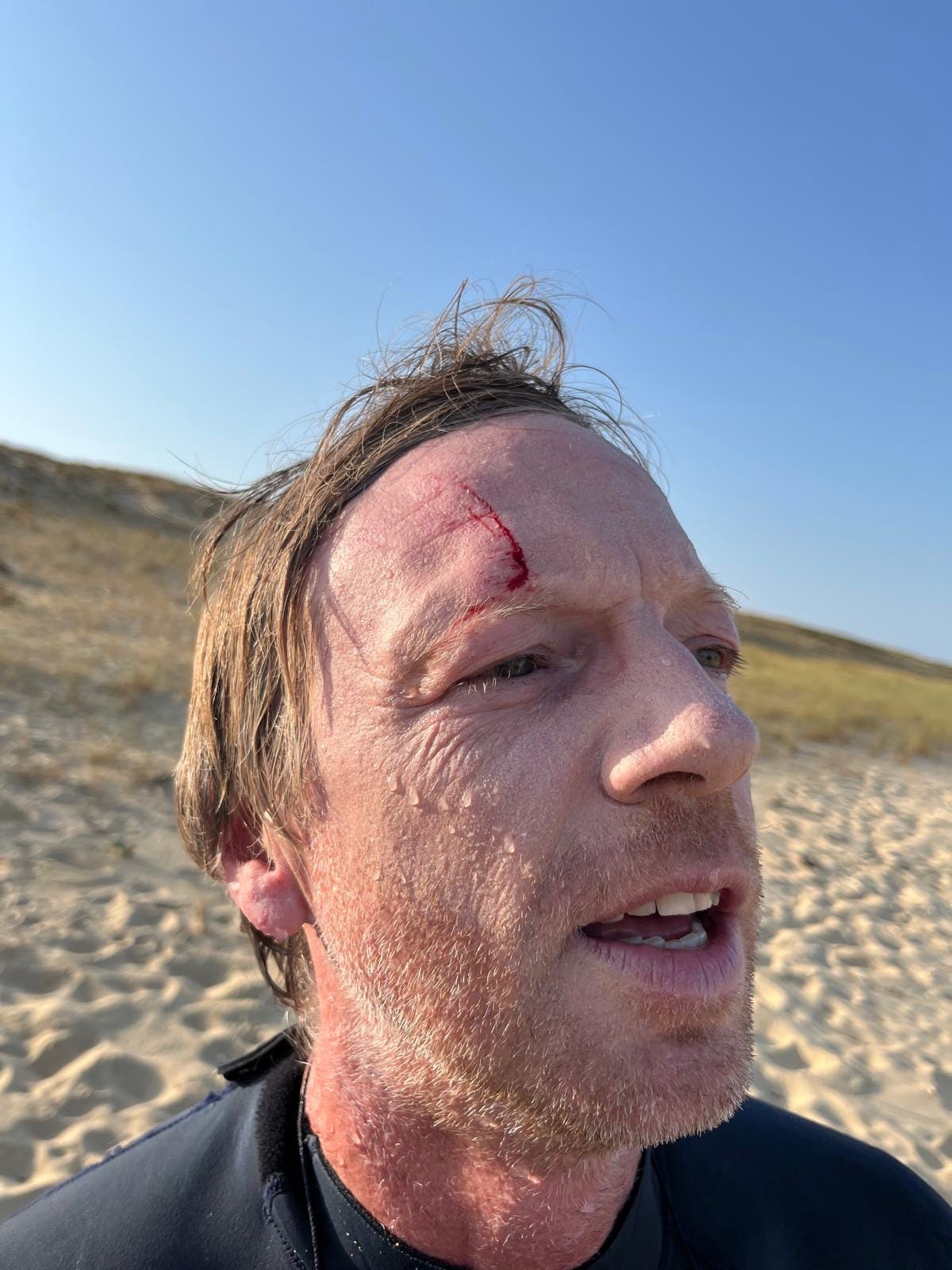Insights: How to Change Peoples’ Minds - Part 1
Discussing activism with Wave Wahines founder and Surfers Against Sewage EDI Manager Yvette Curtis, and Fellow of the Institute of Actuaries (and POW UK founder) Sandy Trust.
If you’re new here - welcome! I appear to have picked up a lot of new subscribers during my brief summer hiatus. If you’re wondering what all this is about, Looking Sideways is where I examine the creative life through the lens of surfing, skateboarding, snowboarding and other related endeavours.
Looking Sidewa…



